|
“I woke up in the middle of the night as someone was pulling my blankets off me. A strange man was in my bedroom, standing over my bed. I screamed with the loudest noise I’ve ever made. I was petrified.” Tauranga resident Jem Nikora is still shaken as she recounts her horrific experience of a home invasion, when a man entered her Brookfield home when she and her two young children, aged 11, and 4 were asleep. ”When I screamed, he crouched by my bed as though he was trying to hide, then ran out of the bedroom slamming the door behind him. I got up and ran after him, but he ran out of the back door, the same way he had come in.” “I called 111 and police arrived with dogs, but they didn’t catch him. A man in a balaclava was spotted on CCTV in the same street – but he hasn’t been caught. It’s terrifying to think he is still around and could do it again to someone else.” Nikora is one of several Bay of Plenty residents who have been victims in a spate of home invasion burglaries plaguing the city. She was speaking out following a neighbourhood meeting about the crisis which was organised by worried residents and attended by hundreds of people at the weekend. Nikora is sharing her story so that others are aware of the potential danger. ”I never imagined anything like this could happen as I thought my neighbourhood was very safe. I just want to let people know to be aware, as I don’t want it to happen to them. It affected my mental health really badly – I couldn’t sleep for ages and became obsessive about checking doors and locks. My kids were too scared to sleep at home for days afterwards.” Nikora has installed security lights and cameras and has a new rescue dog to protect the family. “The best thing I did was to reach out to other neighbours as their support really helped me – plus knowing each other makes us all safer.” Another woman who attended the meeting, an 83-year-old woman who lives in the Avenues, told Stuff how a burglar had also entered her bedroom in the middle of the night while she was asleep, and stole her handbags, wallet and her mobile phone which was in her bedside table. “To get the phone he must have been inches from my head on the pillow. I didn’t wake up. I wear a hearing aid in the day but not when I’m asleep.” The thief started using her card, spending $800 before the woman’s bank became suspicious due to the time and blocked it. “It was a paywave card, so they went to all different places and managed to get $800, but thankfully the bank are giving this back to me.” The woman did not discover the theft until the morning when she was going out to the library and noticed her handbags and phone missing, as well as some of her drawers left open. “It was cold in the house and when I opened the laundry door I saw they had got in through the garage. They had even been rummaging around in my car, probably looking for the start key, when it was in one of those handbags they had taken. Not very smart.” The woman, who did not want to give her name because she still felt unsafe, joined other concerned neighbours at the meeting. Bethlehem resident Erika Harvey organised the residents meeting following an outbreak of home invasions in the area where she lived, where thieves had entered houses in the night, one even raiding the kitchen pantry and fridge – even the chocolate biscuits. Harvey said it became obvious at the meeting that it was happening more than people realised. Harvey herself had been a victim of an invasion when a man entered her house when she was in a towel, about to have a shower, and pretended he was a maintenance man who was going to fix the shower.
Harvey’s friend Lisa Zawitkoski said she woke up one morning to find her car doors open, and another neighbour had had her purse stolen the same night. Another Bethlehem resident, Candice, was up in the middle of the night watching Stranger Things on Netflix when she noticed a torchlight, and realised someone was walking around her house. She woke up her husband who chased the invader, but he escaped. The meeting was attended by Western Bay MP Todd Muller, national candidate for Tauranga, Sam Uffindell, as well as representatives from Tauranga Community patrol, Neighbour Watch, and Western Bay council. Uffindell said he was “deeply concerned” about the rise in home invasions and said that he had met people who had been victims who were very worried about the situation. “I’m deeply concerned by what I heard and how worried local residents are. People I’ve spoken to say they don’t think our police have the right backing to do the job they need to do and criminals feel like they can get away with anything.” Uffindell said that if elected, one of his key priorities is to ensure police have the resources needed to crack down on crime in the city. A representative from Tauranga Community Patrol said the house burglaries were not just isolated to Bethlehem but were a “fact of life at present.” “Occurrences are happening at any time of the day, and often while people are at home, Some encounter the intruder and some do not realise they have been victims until they discover something missing or things out of place.” He warned people that thieves are bold and often have a story which can sound convincing to explain their presence. “Please folks keep doors locked, garage doors down, keys out of your cars and locked, even while in your driveway, and you are tucked away inside.” He urged people to get to know neighbours, keep a contact list of immediate neighbours, and share information if you see or hear anything out of the norm. A police spokesperson said people need to be alert, but not alarmed, and any suspicious behaviour should be reported to police. “Every incident that is reported contributes to a much bigger picture for police. It gives an idea of patterns of offending that are emerging in the community and helps police hold offenders to account by finding linkages across different, but potentially related, incidents.” Original Article: https://www.stuff.co.nz/national/crime/300611010/home-invasion-surge-i-woke-up-to-a-man-pulling-my-blankets-off-me
0 Comments
A recent spate of home invasions in a sleepy Bay of Plenty suburb has spurred residents into action. Following a series of burglaries, Erika Harvey and Candice, from the Tauranga suburb of Bethlehem, have organised a neighbourhood meeting, so residents can talk about how to stay safe, including what to do if you wake up and encounter a burglar in the house. Candice recently experienced this when she encountered a man with a torch in her house at 12.30am. Her husband and two children were asleep. “I was awake watching Stranger Things but had headphones on, so I didn’t hear him come in,” she said. “He came in through the laundry, as he managed to get the key fobs for our garage from our cars. “When I saw the torch moving around the house I woke up my husband, but the burglar got away.” Candice said she was left in shock following the intrusion. “Thinking that someone was in our house while my babies were asleep – that is crossing a huge line.” A week later, another home invasion took place in the Sterling Gate area of Bethlehem. Residents were home and in bed when a man entered via ranch sliders on the deck before taking numerous items, including car keys. They were then chased out of the house, said another local resident. “My husband heard a noise around 12:20am, so he got up, and a man was coming out of our study,” said the homeowner. “He said he was staying at our house, trying to make out he was lost. We walked him down our hallway, and he’d been in the kitchen. There was a backpack, and he’d lined food items from our fridge and pantry on bench – chocolate, biscuits and everything.”
In another incident, a burglar broke into a house and stole a bike. Harvey said her house had been targetted when she was at home last year, and the incident prompted her to get involved to help. “I was about to get in the shower when my doorbell rang,” she said. “Since I was in a towel and wasn’t expecting anyone, I was waiting for him to leave. “To my surprise, though, he came rushing through the front door as I had just started to head up the stairs for my shower. “He was on the phone with someone and I heard him say ‘up the stairs and to the right?’, to which I said ‘what are you going to do in my bedroom?’” “He seemed surprised that I was home, and told me that he was there to instal a shower. There was no work van in the driveway or any vehicle. He was dressed in good clothes - hardly something you’d be installing a new shower in.” When Harvey heard it was happening all over again, she reached out to neighbours and the group began to grow. “We’ve decided to pull neighbours together on Saturday for a ‘meet your neighbours’ session, where we can share stories.” The meeting is being held on Saturday at Bethlehem Town Hall. A police spokesperson said people need to be alert, but not alarmed, and any suspicious behaviour should be reported to police. “Every incident that is reported contributes to a much bigger picture for police. It gives an idea of patterns of offending that are emerging in the community and helps police hold offenders to account by finding linkages across different, but potentially related, incidents.” Police said everyone should take home security seriously. “Not only can a theft or burglary be disruptive or inconvenient, but it can also be upsetting knowing people were in your home.” “Simple steps such as locking your doors and windows at night and when you are out during the day is a very effective deterrent for thieves.” “Do not leave anything valuable in unattended vehicles that aren't kept in secure premises. At a minimum, make sure keys and garage door remotes are removed and vehicles are locked.” Police also encourage residents to look out for their neighbours or start or join a Neighbourhood Support Group. If you see something out of the ordinary, or people acting suspiciously in your area, report it to police on 111 if it is happening, or 105 after the fact. Original Article: https://www.stuff.co.nz/bay-of-plenty/300609368/home-invasions-hit-tauranga-hed-lined-up-food-items-from-our-pantry--chocolate-biscuits-and-everything Former New Zealand First candidate for Tauranga Erika Harvey is about to launch what she says is an innovative style of democracy starting right in the heart of Tauranga.
'My hope is that ‘Lobby for Good' will become the first step to creating better policy and political engagement that is representative of everyday kiwis,” says Erika. 'The lobby industry in New Zealand is shrouded in secrecy with handshake deals done behind closed doors which should be of major concern to New Zealanders given the amount of influence most lobby groups have. 'In 2013, the Lobbying Disclosure Bill was introduced to Parliament, legislation that would have required lobbyists in New Zealand to register and abide by a code of conduct, however for various reasons, the Bill did not get past the first reading. 'Most kiwis are unaware of how to participate in lobbying, which means the way politicians end up making key decisions, is a reflection of what the most powerful lobbyists want, not the general public. 'This is where ‘Lobby for Good' is going to shake things up because if we want to change the balance of power in politics, we first must enable people to actively participate and engage in political decision making.” Erika says it's been a long journey to set up Lobby for Good with a lot of her own personal time and resources invested to ensure a robust and ready platform. Lobby for Good will hold an initial soft launch on today at 5.30pm at the Hop House with a small group of family, friends and early adopters where Erika will share more about her journey and vision. There will be an official launch when the final online platform is ready before the 2023 election. 'Lobby for Good will be a powerhouse for the voices of everyday kiwis,” says Erika. Original Article: https://www.sunlive.co.nz/news/293766-launch-of-new-representative-democracy-tauranga.html After narrowly missing out on winning a seat on the Tauranga Council in the Ōtumoetai/Pyes Pa Ward last October, Erika Harvey is having another crack at politics – this time under the NZ First banner in this year's general election.
Tauranga has generally been considered a National Party stronghold, currently held by Simon Bridges. But NZ First has always done well in Tauranga. Several elections ago Winston Peters held Tauranga for NZ First, having defected from the National Party. Harvey will be working hard to rekindle that NZ First voter base along with increasing the party vote for NZ First. In this Local Focus video, Harvey talks about a wide range of local issues she's involved in and what she hopes to change on the local council if successful in the general election. She also answers the random quickfire questions with some clear answers on her preferred music and TV series. Tauranga businesswoman Erika Harvey is a New Zealand First Tauranga Candidate in this year's general election, following List MP Clayton Mitchell's decision to retire from politics. She has a background in sustainable commercial fishing practices, corporate sales and marketing. Erika and her husband Dan own a longline fishing business which she says gives her first-hand experience of the challenges facing small business owners. Over a four-year period, while helping resolve issues with Tauranga's Marine Precinct, she became aware of greater issues at a local government level. Common sense "I pulled together stakeholders and we're now all working with council to repair the marine precinct issues," says Erika who found there were also significant issues when it comes to transparency and accountability in government. "The issues are the same at central government - transparency, lack of governance, decisions being made that probably dont have the planning or the right people in the right roles, and pushing forward with something where they're not listening to the community." She likes to fight for what she feels is right for common sense and a resilient future. "As a small business owner, I see there's many rules and business legislation being passed that hinder the growth of small businesses. "In this current climate we need to be focusing on how we can be more innovative and encourage people to start thinking outside the box to create business and jobs locally. There also needs to be some legislative changes made, to ensure better accountability and transparency." Simple Solutions: After her daughter was diagnosed with Autism in 2014, Erika dedicated herself to push for equality and accessibility for all New Zealander's challenged by a disability. "As the board chair of a school which has a significant number of special needs kids, I've been raising issues around the funding problems that we have from simply following the law. I know how to fight for what's right, and help people figure out how they can solve complex problems and find simple solutions. Erika says her business strengths are her ability to relate to people, to build relationships, to build trust and to listen. "I believe what's missing in politics is that people are not open to listening as much as they could." She wants to give Tauranga a voice at the top table in Wellington. The Weekend Sun, 14th August 2020 : Page 18
Written by: Rosalie Liddle Crawford 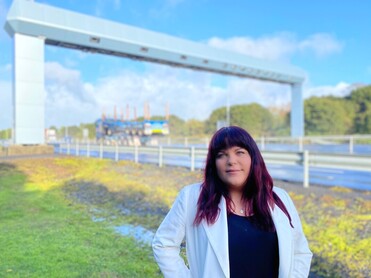 As Tauranga continues to grow, traffic congestion is one of the biggest concerns I hear from our residents. Fixing our roading and infrastructure will take time, but in the interim we need to look for quick wins and removing the tolls is a great place to start. Nationally, New Zealand has three toll roads with two of those are right here in the Bay of Plenty; Tauranga Eastern Link Toll Road and Takitimu Drive Toll Road (also known as Route K). Tauranga is a rapidly growing part of New Zealand therefore, we need to front foot investment, future proofing our city. We need greater investments from our next government to help solve our transport and infrastructure challenges. Although I understand that removing these tolls doesn’t solve our roading and infrastructure issues, it would address traffic congestion to and from Tauriko/Pyes Pa into the CBD, as well as the growing frustrations on Cameron Road, especially in Greerton. Using the toll road every day, twice daily can add up quickly if it's part of your daily commute to work, by removing these tolls would ease some of that congestion off Cameron Road immediately. In 2014 NZ First MP Clayton Mitchell succeeded in removing $63 million of roading debt from Tauranga City Council’s books and we are committed to continuing this further, by removing the final two toll roads in our region. These past few weeks I have been out talking to people in the community and it was clear, if there were no tolls, more people would use them. I have built a strong reputation for getting things done within our community and I’m excited to share more about what the NZ First team and I are working on, especially when it comes to Tauranga. I want to work as a link between local and central government to find practical solutions to the real problems faced by the residents of Tauranga. I'm interested to know your thoughts, comment below. 2nd July 2020 - The Marine Precinct has been an ongoing battle since 2015. Today myself (representing over 25+ small business owners) and Sean Kelly (representing land owners within the Precinct) highlight the issues and a way forward.
This is the live stream from inside Tauranga City Council Chambers. Out of the 400 pupils that attend Greerton Village School, 140 of them are on the school’s learning support registry. Twenty-five of them have ‘high needs’ (ORS Funding) but the funding these students receive doesn’t always match the support that is required. Chairperson of the Board of Trustees for the school, Erika Harvey says the decile two continues to struggle with funding as it caters to meet the needs of these students, as well as offering the other 376 students the learning opportunities and experiences to which they are entitled. The funding model needs to change to meet the needs of individual schools, it should never be a one size fits all model where funding is concerned. Schools are expected to contribute funding to each child who require support, in most schools where the numbers of ORS funded students are lower, this might work, at Greerton Village School it doesn’t due to the very high numbers we need to contribute towards. It is a disadvantage to everyone, our children with and without additional needs, our staff and our school community. This poor funding model has no winners. She says Greerton Village School has the highest number of special needs children at a mainstream primary school in the North Island and possibly the country. “So when you have a school like ours, it means that we’re operating at about $124,000 deficit purely from just following the law.” She says the main issue is that the education funding model promotes exclusion, not inclusion as set out in the Education Act. As well as seeing what the school is going through from a BOT point of view, Erika also experiences this from a parents point of view, as her daughter Piper is autistic. “Piper attended a Montessori preschool full time so I could work full time. We went through the application process hoping Piper qualified for Ongoing Resource Scheme (ORS) funding for primary school. This is extremely difficult to receive with only one per cent of students being approved. “If you are one of the lucky ones – which Piper was – congratulations your child is considered to be one of the ‘most severe’ in terms of needs, and received a teacher assistant at school. If you are not in the lucky one per cent it will be extremely difficult to get adequate help or assistance for your child at school. “When we started to look at our local primary schools, we were told we’d need to pick our daughter up at about lunch time. I couldn’t understand how Piper wouldn’t have someone full time. She wasn’t even toilet trained, she couldn’t speak and would take off all her clothes when she became overwhelmed. This didn’t make any sense. The school said she would be fine and families do it all the time. “As a parent you feel like you only have two choices at this stage: One: worry about your child’s health and safety and mental wellbeing if you don’t pick her up at lunch, so you can work. “Two: instead of being a burden to the school or worry, you’re forced to leave your full time job for lunchtime pick up. There is a third choice – this is where parents don’t pick up their children and those children wind up being stood down for behaviour – also resulting in being forced to leave your full time job. “When this happened to me, I never knew we were being ‘excluded’ from our local school. I thought they were looking out for us. They said they couldn’t afford to cover her full time and I’d feel horrible making them feel like they had to. I had enough guilt feeling like her additional needs were somehow my fault, so it made sense that I should have to do this on my own. “We heard about Greerton Village School while I was sobbing to someone. I was worried we wouldn’t be able to make our mortgage payments after I left my full time job. We were stuck in the house we purchased, which at the time was considered a premium price and was now considered entry level pricing, so selling didn’t make sense. “Greerton Village School had to zone their school due to the immense financial pressure they were under. Piper was one of their last children to enrol out of zone,” says Erika. Last year, Erika started to become more involved at the school and says only then did she realise that she was creatively excluded from their local school and started to understand the funding model. “Greerton Village School didn’t have some magic funding pot of gold that other schools did. They were just giving all children the same shot at an education. As much as my daughter learns from the students, they learn from her that everyone is different but special in their own way.” She says more than 70 per cent of the schools budget goes to supporting children with additional learning needs and the improvements and changes in these children are drastic. She says it show the power of inclusion. The board last year decided to go public about their funding woes to raise awareness about our situation and to educate others on the pressures schools are facing, but don’t openly talk about. “I am lobbying the government as well as working alongside members of IHC, NZEI and other organisations because really, we all have the same complaint. Schools don’t have the resources they need, and this makes it hard for our teachers and support staff. Everyone is just trying to do the best they can with the little bit they have. “Many schools don’t know how to teach children who have physical or additional learning needs because there is no training, and as a board we’re looking for ways our school can use our knowledge to work smarter. “To be inclusive in a mainstream school is not impossible, we just need everyone to do their part. We can teach other schools to do what we do in the classroom. So, a lot of the things we’re looking at as a board, are ways that we can work collaboratively with other schools across the country to show them how to do, exactly what we do. “That way it takes a strain off of a school like ours that is being punished for doing our job really well on a dime budget. This is why schools like ours get overloaded, because people don’t understand how to do these types of things and they don’t know who to ask or where to go. “I mean the ministry put out a new website, but teachers have enough work as it is. That still won’t give you real life examples of how you run a classroom. If you’ve got two children who are highly autistic and violent in a classroom of 25 kids, we can teach others how to work in a classroom like this, because we do that because we have to do it every day.” She says a good start would be achieving an actual incentivised education funding model where schools aren’t punished for doing their job. “Basically how it works at the moment is if you are really good at taking care of and treating all children equally, you’re punished because your financial budget is screwed and if creatively exclude these children, you have money to do whatever you want. It is unequitable and to be honest, a violation of their human rights. “So a lot of our complaints to the ministry is, you’re forcing us to break either the law of inclusion or the health and safety act. You tell me which one you want us to break because if we are forced to let go support staff, we’re going to violate health and safety and if we don’t then we are turning kids away,” says Erika. She says this hasn’t only affected her and Piper, it has affected other parents as well. “I got a phone call a couple of months ago about from a husband whose wife tried to kill herself because she has two autistic children and couldn’t handle it anymore. She had to leave her job because the kids couldn’t go to school because they were stood down. Nobody could help them, no other school would take them and she didn’t know what more she could do. “They were going to lose their home. They couldn’t pay their bills and she tried to kill herself because she had life insurance, just so her family wouldn’t lose their home. This is the cause and effect of an education model that is broken. “The biggest thing that gets to me and it makes me cry every single time, is that every mother in history enters motherhood the same way, we picture all the amazing things we’re going to do once our child is born. “And then some of us find out that we actually will not have the life we imagined, and this isn’t something anyone can prepare you for. It’s like we all have these amazing dreams of what it’s like to be a parent. Nobody says that ‘oh actually you may not ever be able to go on a plane with your kid and to be honest you can’t go to grocery stores’. We get looked at often when Piper is having a hard time. People seem to forget that not all disabilities are physical when they’re making judgements. “It’s hard to go into public because when you do, if your child has an issue people look at you like you have a freak of a child and you’re a crappy parent. They don’t realise that maybe there’s something else wrong. Or with a handicap tag and we’re at an event that’s really crowded, people wonder why we’ve put it up since we don’t have a wheelchair but when Piper gets overwhelmed she’ll take off her clothes and we needed to be in close proximity to grab her and run. “I wish people would remember that not all disabilities are physical.” One of the main ways the school raises funds is by putting on the Cherry Blossom Festival each year. The past two Cherry Blossoms has raised funds for a new junior playground, which was officially opened two weeks ago. This year the school is raising funds for “The Arts” and are looking to purchase new costumes for Kapa Haka and Pasifika, as well as updating our music equipment for our three school bands.
This year the festival is being held on September 21, from 10am to 2pm. More than 100 street cars will be on display, there will be stalls, games and more for the whole family to enjoy and to raise funds for the Greerton Village School. Four Tauranga City Council candidates (AJ Tuhoro, Suzi Paige, Heidi Hughes and Erika Harvey) all of them connected to the entrepreneurial community, knew that Startup Weekend would be an ideal place to workshop solutions to address some of the big issues they each see in the community.
“We wanted to explore how we might work together. It is also a chance to spend time amongst our community, understanding the different needs and challenges” said A.J Tuhoro who is standing as a candidate for the Welcome Bay/Te Papa Peninsula Ward. Fresh Faces of TaurangaOur four candidates, nicknamed the “Fresh Faces” of Tauranga, are each active across the community in different areas from diversity to transport; a great fit for this year’s Startup Weekend where over 50 participants are pitching ideas focused on the United Nation’s Sustainable Development Goals. Suzi Paige, running for Councillor at Large, pitched the idea to find a solution that would engage youth and other disillusioned communities in the local government decision making process. “The voting base is not reflective of the wide demographic of communities that make up Tauranga City. This results in decisions being made in favour of the voting minority.” Attracted by the possibility of having a real impact in our city, on to the team came a developer (Amit Kamble), a teenager (August Marwick) and a graphic designer (Graeme Niksch), and the true value of collaborative problem solving and co-creation immediately started to come into effect. Meet CoCoThe team went out and talked with members of the community and heard the same issues of trust, transparency and accountability. The message was clear: Tauranga City Council has broken trust with the community. The team agreed that in order to be effective as councillors, there needed to be change in the way information is shared between the community, elected officials and the Tauranga City Council. CoCo, a platform designed to improve information flows between the three entities, was born. Erika Harvey, candidate for the Otumoetai/Pyes Pa Ward, used an example from the Marine Precinct Project to illustrate the problem. “THE INFORMATION THAT WAS FIRST GIVEN TO COUNCIL MISSED KEY ELEMENTS, ONCE IT HAD BEEN TRANSLATED THROUGH THE CONSULTANTS, PLANNERS AND STAFF; HAD THIS PLATFORM BEEN IN PLACE A LOT OF TIME AND MONEY WOULDN’T HAVE BEEN WASTED.” Coco, short for Community Council, is an idea for an outward-facing platform that not only tracks progress, but also allows the community to see how and why projects may be delayed or over budget. “Greerton Village, Durham Street, the Marine Precinct, and the Memorial Park Walkway projects are all examples that would have had very different outcomes if the community and elected members had been engaged and informed at of every stage of the project. By improving accountability and communication in the management of projects there would be significant cost savings to ratepayers” says Heidi Hughes, Candidate at Large. Startup weekend runs all weekend with pitches being delivered on Sunday in the Trust Power Auditorium on Durham Street. Pop along at 5pm to meet these “Fresh Faces” of the Tauranga City elections, learn more about CoCo and the other wide array of business ideas built to have a positive impact! Original Post TAURANGA, Thursday 25th July 2019: Erika Harvey, the dynamic entrepreneur whose campaigns to bring about social change have touched the hearts of hundreds of thousands of New Zealanders and politicians, is standing as a Councillor in this year’s elections in the Otumoetai/Pyes Pa Ward. Erika has strong support from Tauranga teachers, parents, business owners and community leaders. Erika strikes a brilliant balance of business nous and community compassion. Her #DearJacinda video letter explained to the Prime Minister the plight of children who have additional learning needs in an underfunded education system. This video went viral attracting tens of thousands of views. A video Erika created for Autism Awareness Week showcasing the brilliance of Piper, her young autistic daughter, reciting the Lord’s Prayer in Te Reo reached over 270,000 views and showed the nation another side of this often misunderstood condition. Erika says she is not afraid to speak up on issues that matter and is passionate about the business world and building a connected community.
“Tauranga is a vibrant, thriving city with an exciting future for our children’s children. With creativity, intellectual rigor, business acuity and heart – together we can solve our city’s problems and turn them into opportunities,” she says. Just last week Erika’s courageous leadership was showcased in the Tauranga Council Chambers, where she was acknowledged for her three years of persistence on a community issue affecting hardworking small business owners. Through diligence and hard graft, Erika unraveled and explained with clarity complex issues arising around the Marine Precinct project. She advocated for the affected community with such clear and sound logic, that the Council agreed an advisory board needed to be established with key stakeholders before any further developments are made. “I’m not interested in being right, I’m interested in the right thing being done - it’s all about values.” Erika says she will inject flair and personality into her campaign and is looking forward to getting out and about to meet people in the Otumoetai/Pyes Pa Ward. “My campaign will be a grassroots one, that will show voters first-hand how I interact with people from all walks of life. I am curious to hear from voters, to showcase their thinking about their city and hear what’s on their mind. “I believe that people come first and there are a lot of people struggling in this city, I really want to make a positive difference for this amazing community using my experience as a community and business leader,” she says. Erika, her husband Dan and his dad Russell own RED Line Fishing, a business globally recognized for quality, sustainability, and innovation. It provides fish to Michelin restaurants around the world. Erika’s Business and Community Roles • Erika is Managing Director of InVenture, a successful business advisory company specialising in helping SMB's and start-up companies to improve culture and drive growth. • Erika is the chairperson of the school board at Greerton Village School. • Erika is an advisory board member for TYDT (Tauranga Youth Development Team) which supports youth in the Bay of Plenty. Follow Erika on: www.facebook.com/ErikaHarveyTGA |
About Erika:Passionate about Inclusion, Collaboration, Innovation and making a difference. Archives
June 2022
Categories |

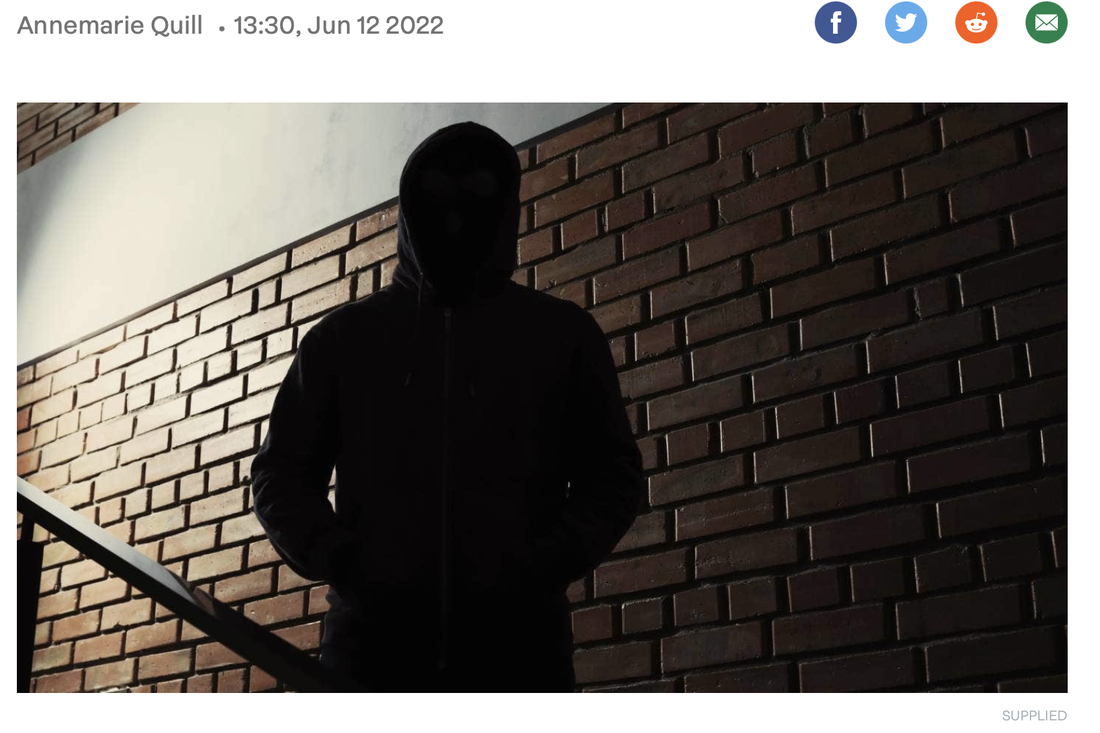
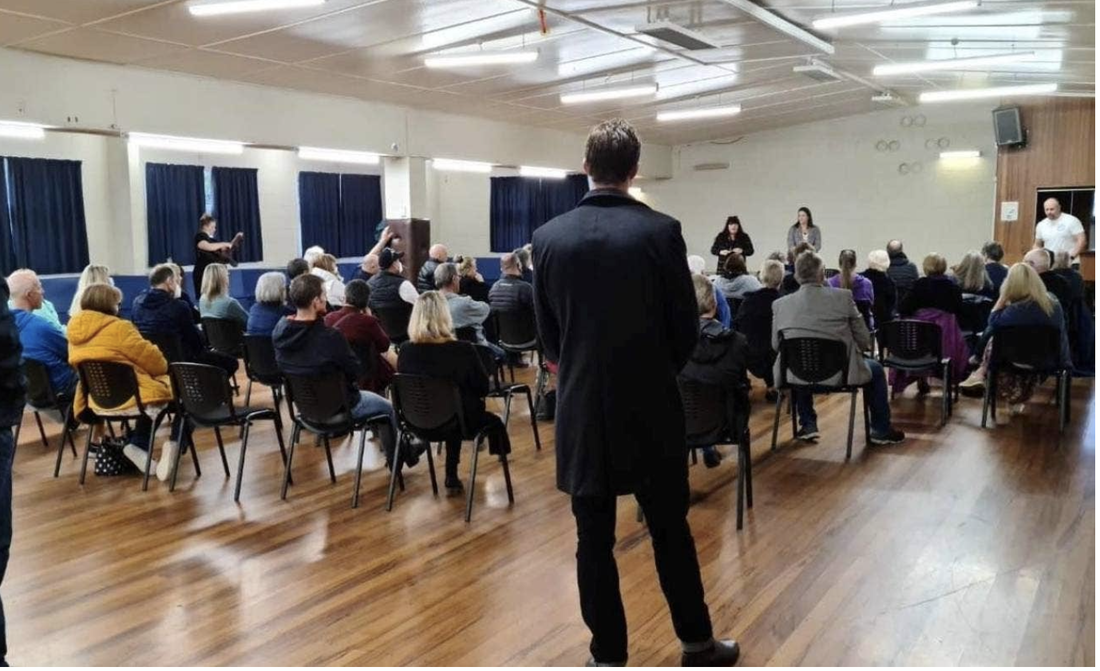
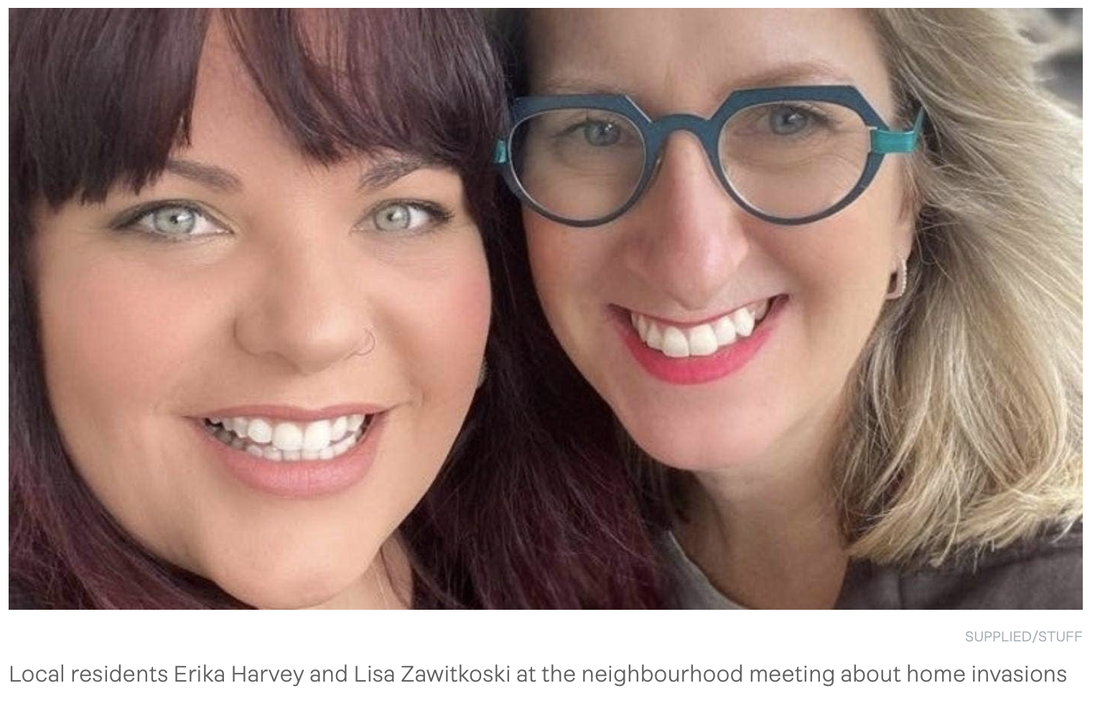
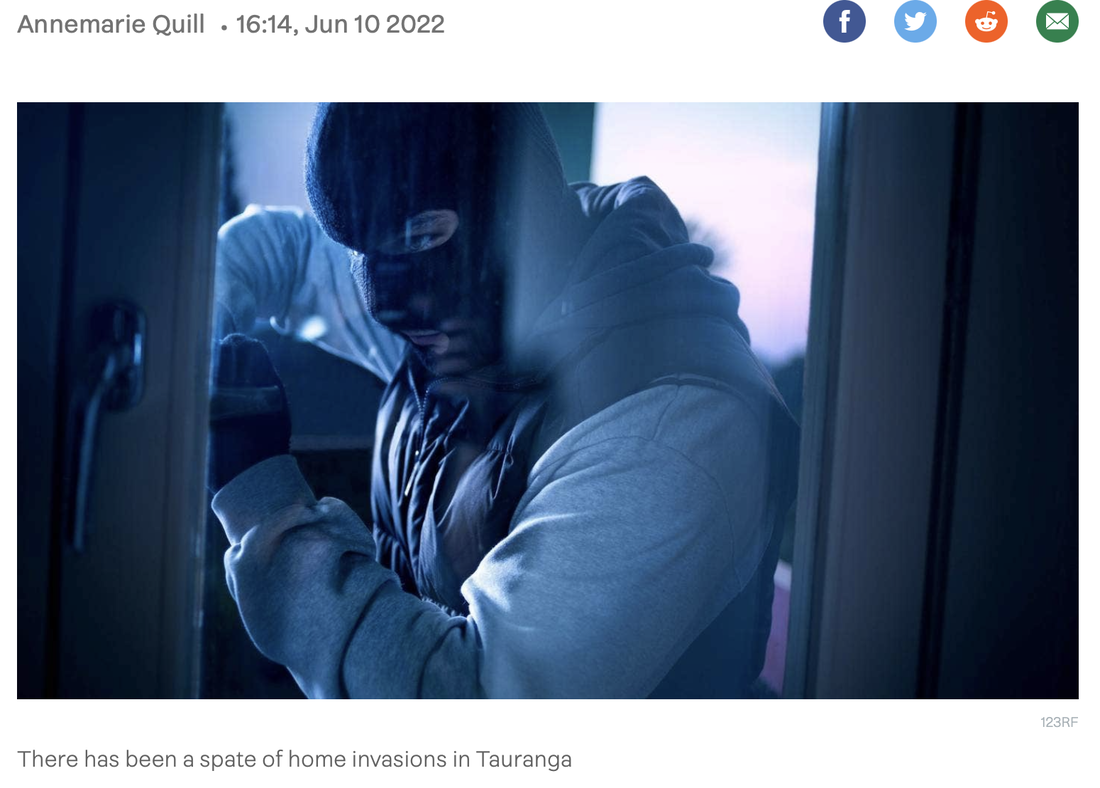
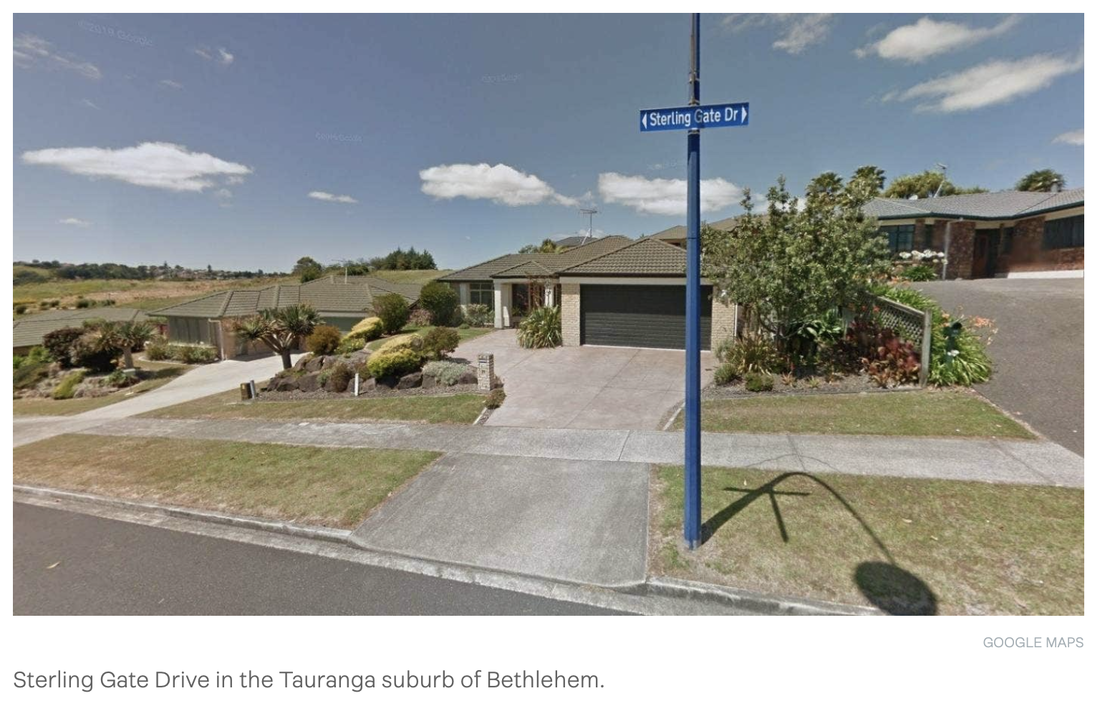
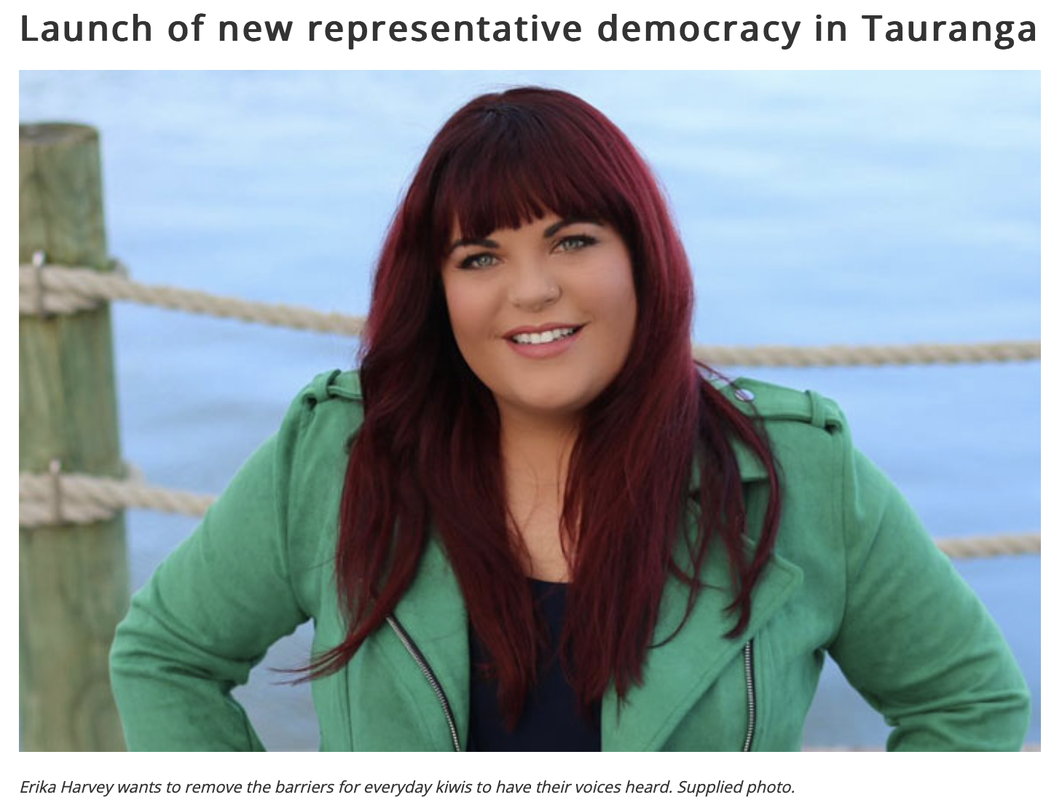


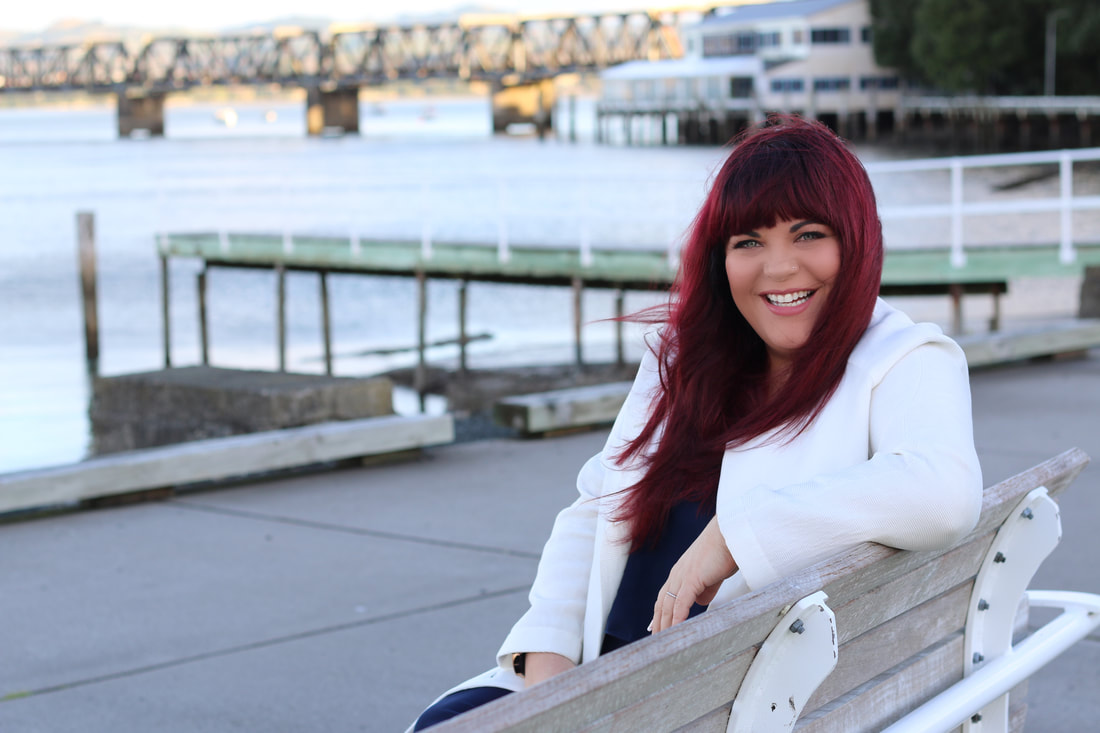
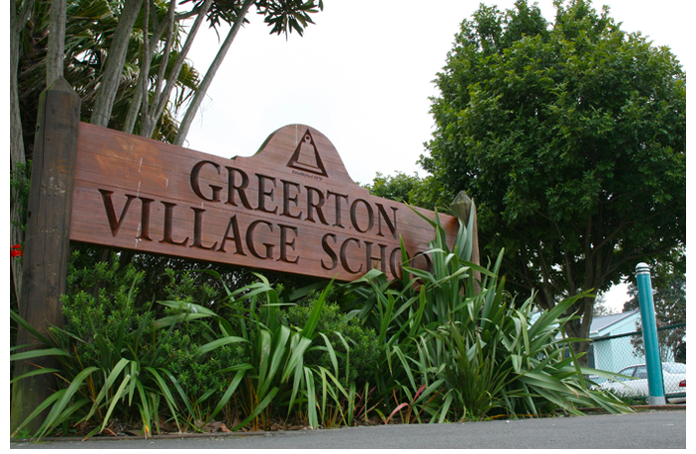

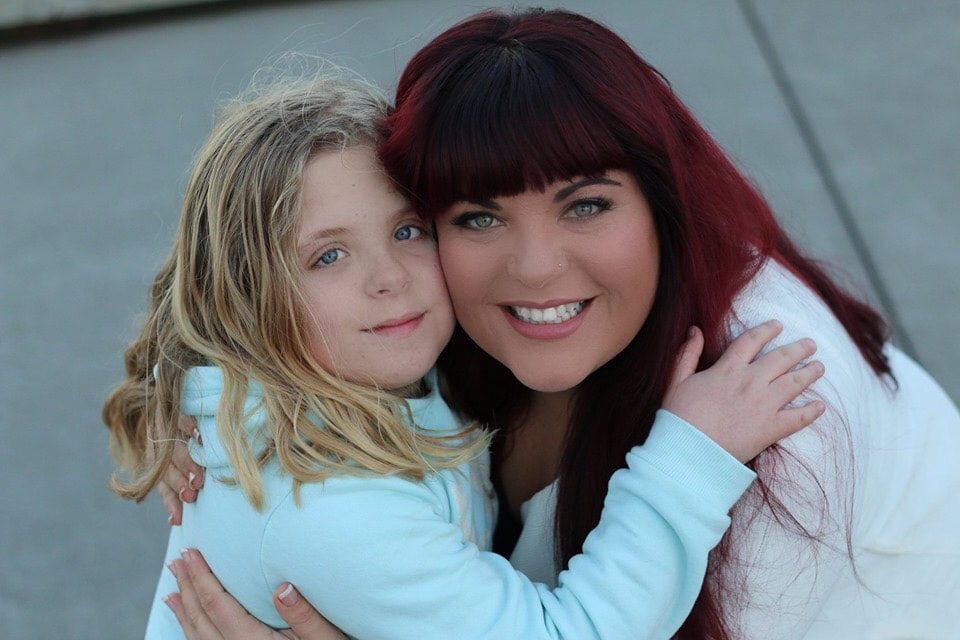
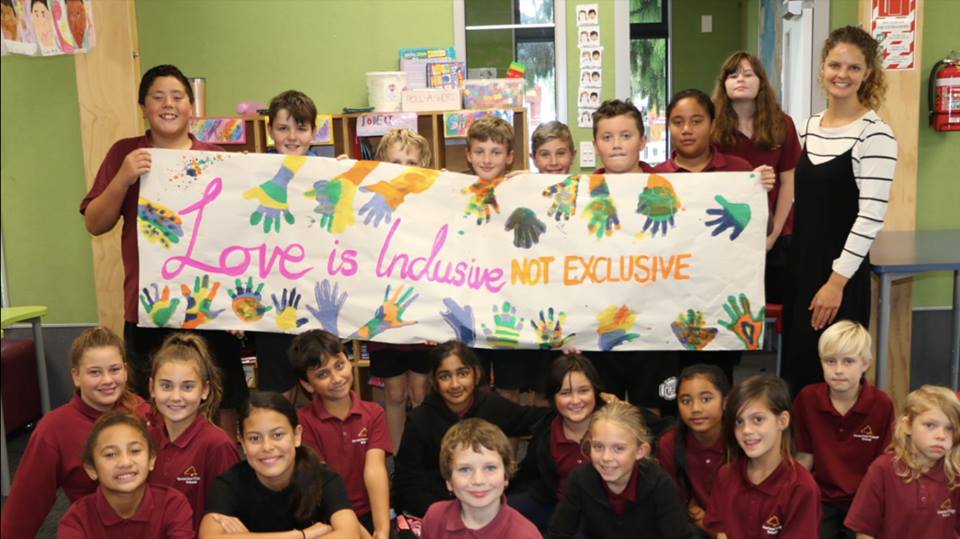

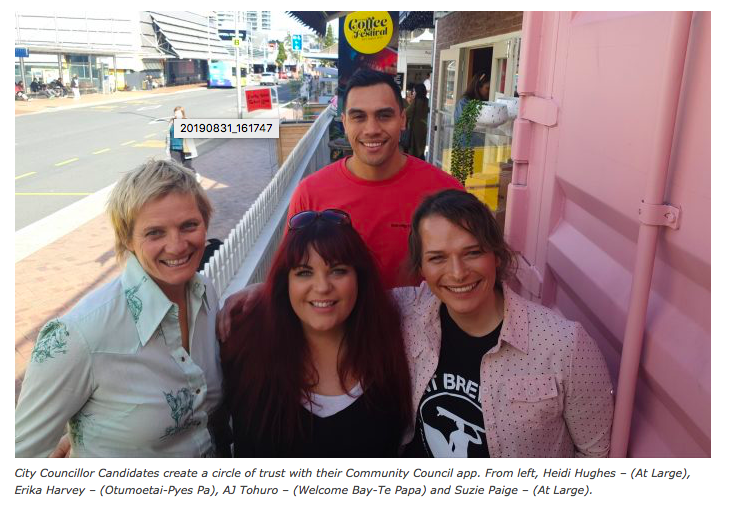
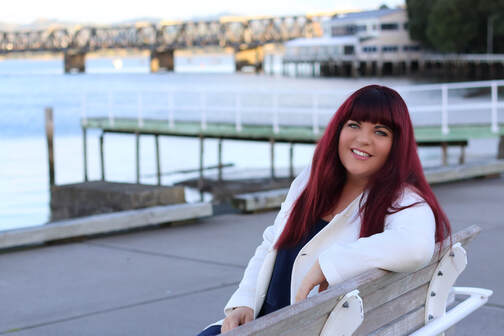
 RSS Feed
RSS Feed